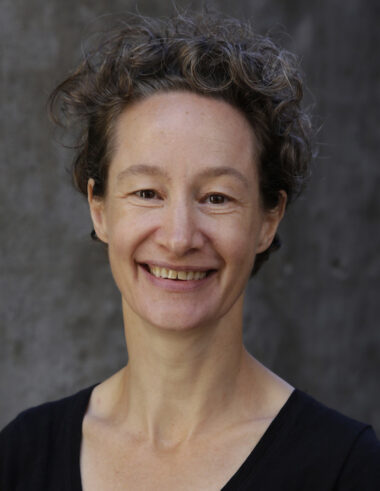

Quarantine Chronicles: A Norwegian Animation Studio Has Reopened, But It’s Far From Normal
For the latest entry in our series, which looks at the coronavirus crisis from the standpoint of individuals in the industry, we speak to Lise Fearnley, CEO of Mikrofilm in Oslo, Norway. The boutique production company has a strong track record in commissioned work and short films, including Torill Kove’s The Danish Poet, and is about to start production on its first feature, Titina (image at top).

Over the last few months, Mikrofilm was operating much like other animation companies in Europe and the United States. Staff were mostly working from home — a situation for which Mikrofilm had been prepared for by years of remote collaboration with other companies. Some continued to come to the studio, whether because their home was uncomfortable for work or because they required a specialist setup (like the edit suite).
Over time, however, more and more animators started yearning to return to the studio. “Working from home is tiring in the long run,” says Fearnley. “We all miss each other’s company.” So when the government eased restrictions, due to the coronavirus’s limited spread in the country, Mikrofilm changed its policy.
As of last week, staff can choose whether to stay at home or commute in, as long as they have no symptoms and avoid public transport (most live nearby anyway). So far, three have come back full-time, two split their time between studio and home, and six are still remote — one of whom will come back this week.
This isn’t a full-blown return to normality. “[Staff] are still encouraged to work at home,” says Fearnley. In any case, desks are now spaced two meters (six-and-a-half feet) apart, limiting the number of people who can fit in the studio. Those who come in are rigorously observing hand-washing and other guidelines. “In our lunch room we might have two lunch shifts every day, and everyone must bring ready-to-eat food for themselves.”
One reason why Mikrofilm was keen to get back to the studio is Titina, its first feature. Full production was due to start in April, but was delayed by the crisis. “We feel the start of a production is a phase more vulnerable to problems with remote work,” notes Fearnley. Production is now scheduled to begin in late June. The animation is being done at Vivi Film in Belgium, which is developing its own guidelines for a safe return to the studio.
In general, Fearnley is an advocate of in-studio work: “Some misunderstandings can easily be avoided when people are together, and can meet and discuss informally and spontaneously.” That said, for the time being, she plans to alternate between studio and home. She also predicts a long-term effect of the crisis: “Maybe we will skip some traveling in the future. We were already very conscious about the environmental consequences of airline traveling.”

.png)